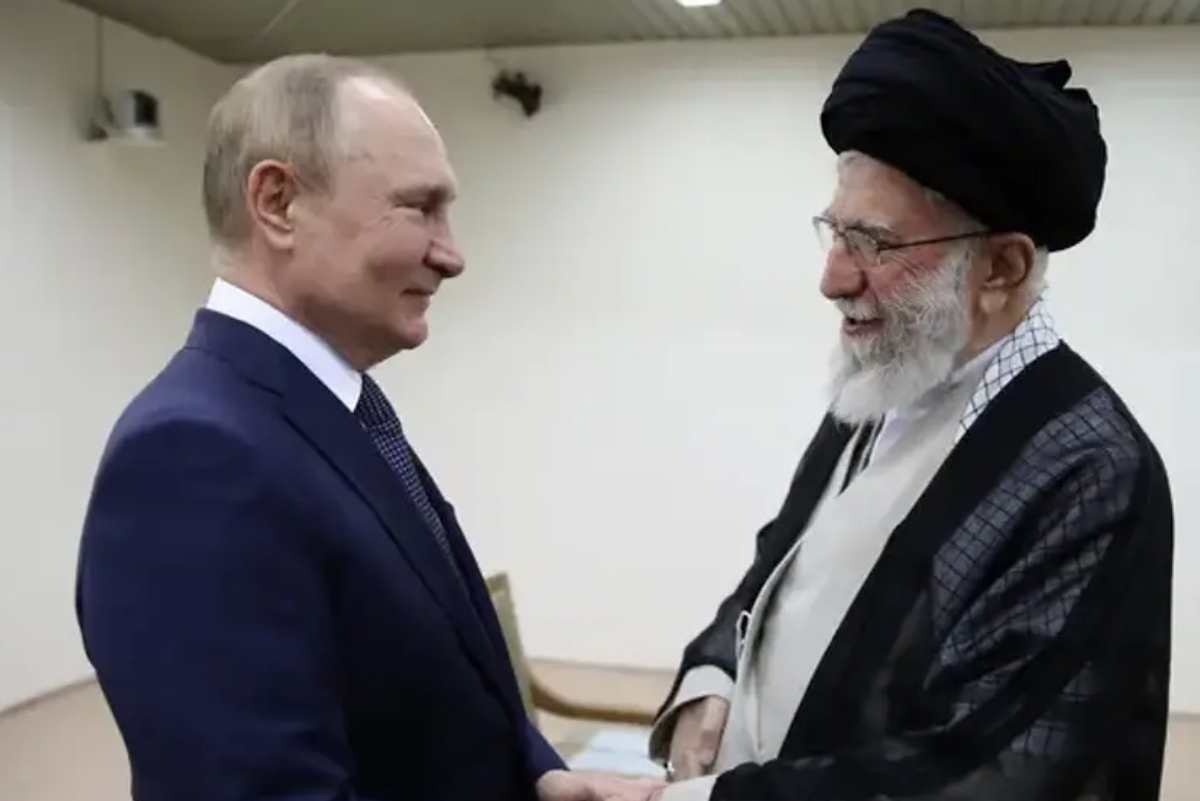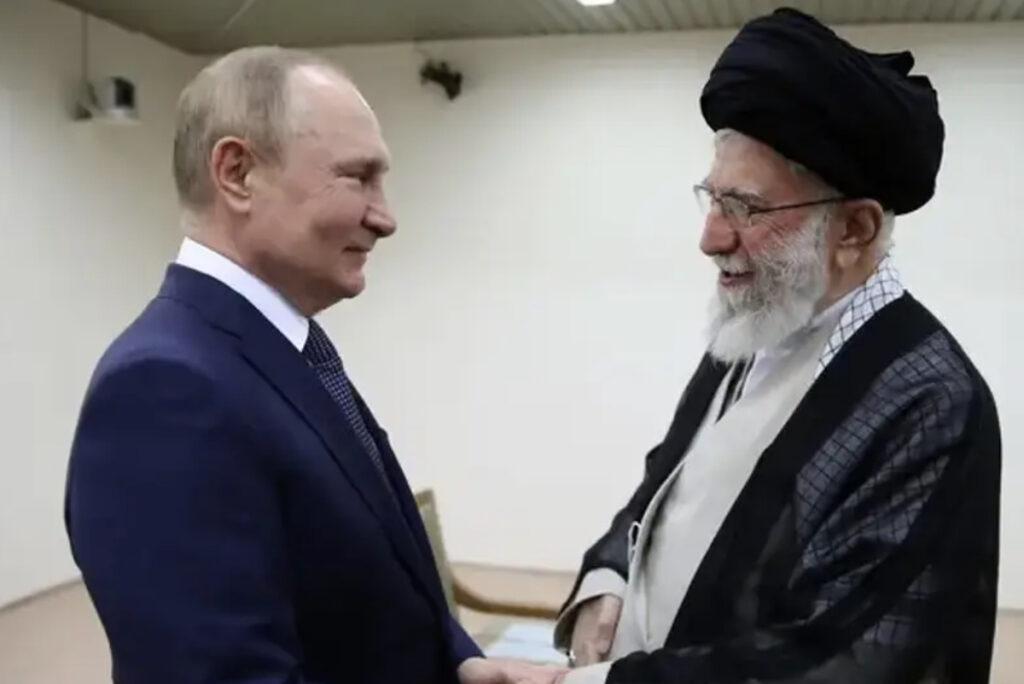Shoigu is slated to meet the Secretary of the Supreme National Security Council of Iran, Ali Akbar Ahmadian, and the Chief of the General Staff of the Iranian Armed Forces, Mohammad Bagheri.
He also will meet new Iranian President Masoud Pezeshkian, the news agency Interfaxreported.
Iran has declared that it will retaliate against Israel for the July 31 assassination of Hamas leader Ismail Haniyeh, widely attributed to the intelligence services of the Jewish State. Israel has made no official comment on the killing.
Haniyeh and one of his bodyguards died in an explosion at a secure guesthouse for foreign dignitaries, under circumstances that remain unexplained. Haniyeh was attending the inauguration of President Pezeshkian.
Hours earlier, an Israeli airstrike killed Hezbollah commander Fuad Shukr, a close Iranian ally. Iran’s Revolutionary Guard Corps declared that it would inflict a “severe punishment” on Israel “at the appropriate time, place and manner.”
According to the New York Times, Iran’s supreme leader, Ayatollah Ali Khamenei, directed Iran’s armed forces to attack Israel in retaliation for the assassination of Haniyeh.
There is widespread speculation about possible Iranian actions as well as Israel’s potential response. On April 13, Iran launched over 300 projectiles at Israel. Almost all were shot down by a combination of Israeli and American air defenses.
Russia’s possible role in an Israel-Iran conflict remains an open question. Reuters reported August 6 that Putin asked Iran to avoid civilian casualties in any prospective military action on Israel.
The news agency said that Shoigu delivered this message in Tehran. It also reported that Iran asked Russia to sell it Su-35 fighters, one of Russia’s most advanced airframes. There are no reports of a Russian response to the request.
The New York Times reported August 5 that Russia was sending air defense systems to Iran, without specifying the systems in question. Russia does not have weaponry to spare from its ongoing operation in Ukraine, according to Russian sources, and is unlikely to provide its best air defense hardware to Iran.
According to sources familiar with Shoigu’s discussions in Tehran, Iran took Putin’s proposal under consideration but asked for high-tech Russian weaponry as part of the bargain – specifically, Russia’s S-400 air defense system, which has a range of up to 400 kilometers and capacity to track multiple targets.
Iran has had an older Russian system, the S-300, since 2016, although it is not known whether it has the newest version.
Some analysts believe that the S-400 can track American stealth aircraft like the F-22 and F-35. This is unlikely, given that Russia has delayed shipments of previously contracted S-400 systems to India – its best arms customer – due to the demands of the Ukraine conflict.
Israel has maintained close communications with Russia, advising Russian forces in Syria on thousands of strikes against Iranian-allied militias. Russia has stood down its air defense and allowed Israel to operate unimpeded.
The Ukraine war has put Israel in a bind: It does not want to get on Russia’s wrong side by providing military support to Ukraine.
The US has asked Israel to sell up to eight Patriot missile systems to Ukraine, and the matter reportedly remains under negotiation.
The Patriot is particularly important for Ukraine, as the only defense available against Russian aircraft launching glide bombs at a reported range of about 60 kilometers.
If Putin helps Israel by defusing a possible exchange of fire with Iran, he will want some favors in return.



